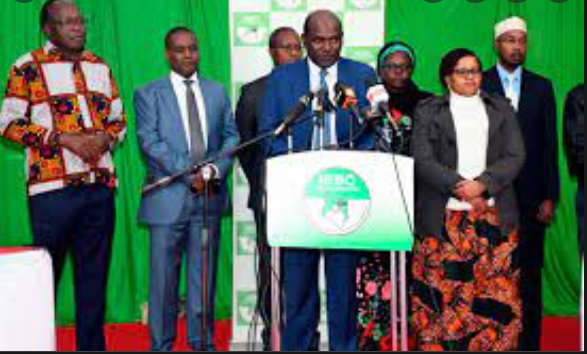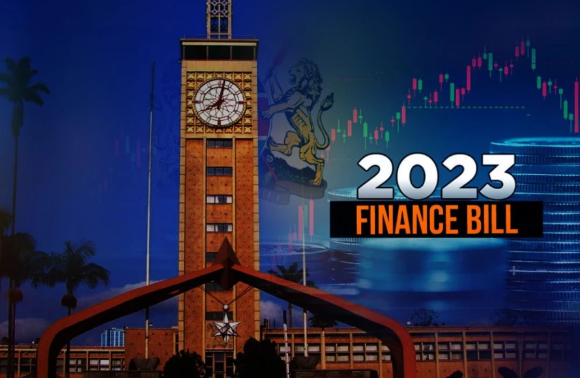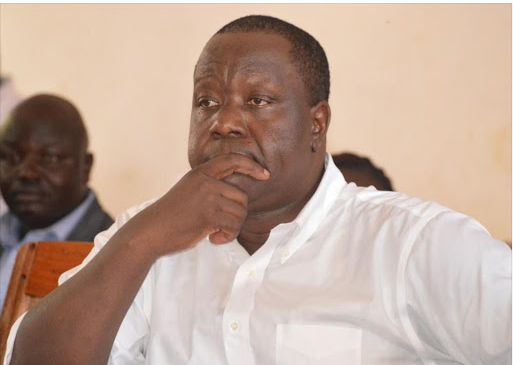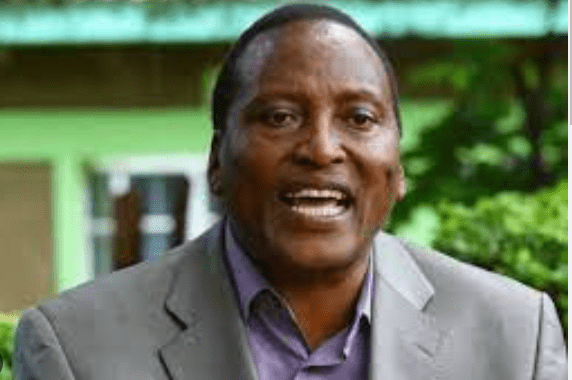The Problematic Electoral Commission

The Independent Electoral and Boundaries Commission (IEBC) splits into two factions at the conclusion of the 2022 General Election and is unable to agree on the outcome of the presidential election.
The electoral body is split down the middle, with vice chair Juliana Cherera and three commissioners competing against chairman Wafula Chebukati and two commissioners. The two factions are arguing about the outcome of the presidential election in front of a large audience.
The division was caused by the final results of the presidential vote, which led to the chairman of the commission declaring a winner, which President-elect William Ruto accepted, and which was rejected by the other half, including Raila Odinga of Azimio-One Kenya.
It won’t be the first time the electoral body has found itself in these uneasy but familiar circumstances, despite the Azimio la Umoja One Kenya coalition’s exploration of, as it claims, all legal and constitutional methods to contest that presidential tally.
These differences date back to 2007, when the opposition charged the then-Samuel Kivuitu-led Electoral Commission of Kenya (ECK) with rigging the election in favor of the late Mwai Kibaki, who was running for a second term.
The late Kivuitu famously claimed that he didn’t know who won the disputed elections because he was unaware that some of his commissioners had established a parallel chain of command and were communicating with returning officers directly behind his back.
The Interim Independent Electoral Commission (IIEC), headed by Issack Hassan, was established as a temporary measure before the adoption of the new Constitution in August 2010 as a result of the chaotic scenario that caused the dissolution of the ECK.
After the 2010 adoption of the new constitution, the IIEC later changed into the current IEBC. The 2013 General Election served as the new commission’s first test, during which electronic voter identification was unsuccessfully used, and the election’s results were unsuccessfully petitioned.
After months of popular protests, the Hassan-led panel was driven from office. Wafula Chebukati was the first of seven new commissioners to take the helm in January 2017. The secretariat, then headed by Ezra Chiloba, and the commissioners, then headed by Chebukati, both pulled in different ways in terms of how the commission’s business was conducted during these difficult years.
The differences also affected the commissioners, with one of them, Roselyn Akombe, resigning just days before the 2017 rerun election on October 26. In the month of April 2018, three commissioners, including vice chair Connie Nkatha Maina, Margaret Mwachanya, and Paul Kurgat, resigned, declaring their lack of confidence in the commission.
The IEBC commissioners, according to Chebukati, were divided, were following partisan political objectives, and his ideas were being rejected at the plenary, he confessed.
The existing commission is currently divided once more, and because a legal confrontation is anticipated, it is unclear how this disagreement will affect the upcoming election.

 The Road to Victory: President Ruto’s Triumph in the August 2022 General Election
The Road to Victory: President Ruto’s Triumph in the August 2022 General Election  Finance Bill 2023- The Benefits
Finance Bill 2023- The Benefits  How Small Businesses Can Use AI to Increase Sales In Kenya
How Small Businesses Can Use AI to Increase Sales In Kenya  Not Today; Matiang’i’s Lawyer Says His Client Will Not Appear Before DCI Today
Not Today; Matiang’i’s Lawyer Says His Client Will Not Appear Before DCI Today  Senator Onyonka Urges President Ruto To Be Careful On How He Handles Matiang’i’s Case
Senator Onyonka Urges President Ruto To Be Careful On How He Handles Matiang’i’s Case  Form One Student Beaten To Death By Teachers Over Alleged Physics Exam Cheating
Form One Student Beaten To Death By Teachers Over Alleged Physics Exam Cheating